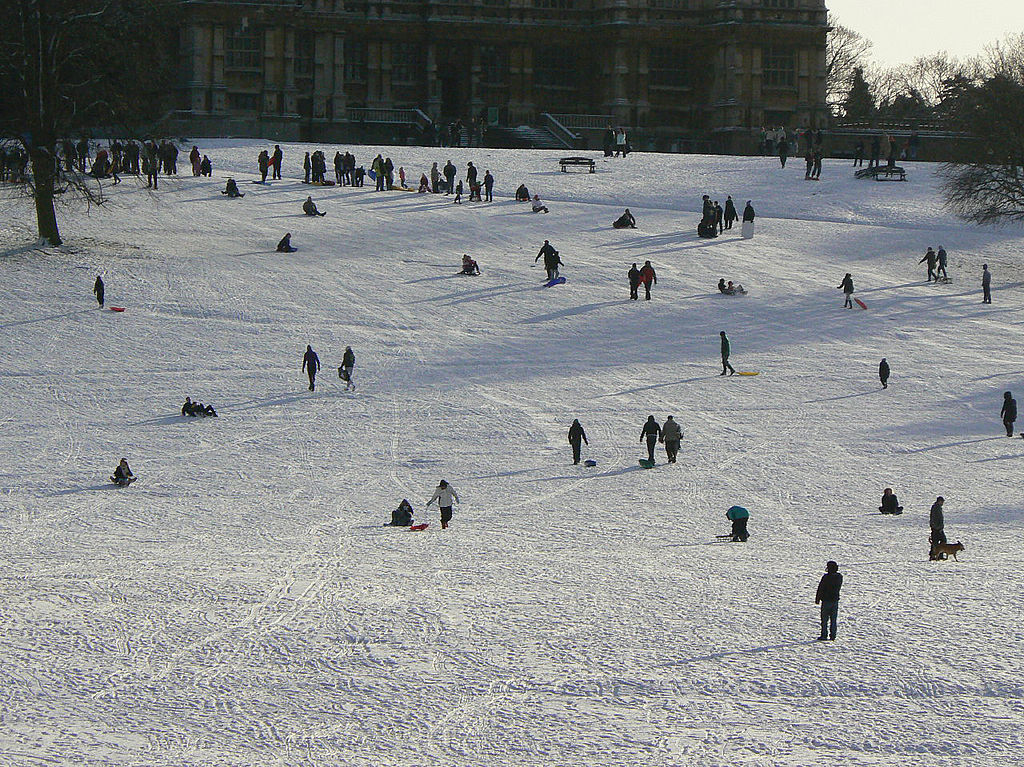At Monday night’s Great Falls Public School District School Board meeting the administration announced that they had moved forward with a plan to purchase the Campfire Girls building and property located at 1925 2nd Avenue South for $100K. The District administration will now demolish the historic building, excavate and remove the basement foundation and bring…
March 12 Deadline To File For Local State Legislative Races
Great Falls area 2018 state legislative races are shaping up to be interesting once again. The filing deadline for candidates is about a month away, March 12th. The Primary Election is June 5th and the General Election is November 6th. Here is a list of who has filed so far: Senate District 11 – Tom…
State Of The City
Did you know that the Great Falls City Manager, all of the City of Great Falls department heads and the City Commission conducted a “State of the City” special City Commission work session meeting this past Friday morning, February 9th? Well, if you weren’t aware of the meeting or able to attend in person here’s…
UPDATE: Making Fun Of Someone’s Name Is OK?
HERES AN UPDATE on an item we posted yesterday taking KRTV and their Online News Director Dave Sherman to task for what some of their readers/viewers consider to be an unexplainable and contradictory censorship/delete/block policy on the stations Facebook page. We used a screenshot from that Facebook page to illustrate the point. You can read…
Where’s Deletin’ Dave Sherman When You Need Him?
An alert (and angry) reader alerted us to this item on KRTV’s Facebook page earlier today, the comments below the news item are what caught the readers, and our, attention: So we have to ask, where was KRTV online news director Dave Sherman for this one? After all, Deletin’ Dave has gained quite the reputation…
A Slippery Slope?
On February 6, the Great Falls City Commission will vote on Ordinance 3170, a piece of municipal law that I feel could interfere with our Constitutional right to peaceful assembly within city limits. The ordinance seems innocuous until one delves further into it and finds a whole new section entitled: “Chapter 14.5 PARADES, PROCESSIONS, FUN…
“Incredibly Unappealing”
Like many others, I disagree with the City Commission’s decision to deny a Conditional Use Permit for M&D Construction. Since the issue caught my interest, I wanted to see our elected officials in action. So I watched the video, which anyone else can, too, here. There is much to say about it all, but I found…
Looking A Gift Horse In The Mouth?
Would it be a smart idea to increase the CMR track improvements from a 6-lane track to an 8-lane track? The obvious answer is YES, and here is why. It is widely known that competitive track meets can not be hosted on 6-lane tracks. Most competition cracks now being built are 8-lane, or 9-lane tracks….
E-City Beat Comments Policy
E-City Beat welcomes all comments related to the corresponding post as long as those comments are on point and are not slanderous, obscene or overly personal. E-City Beat will not allow this blog to be a platform to launch unrelated personal attacks or vendettas disguised as comments against our staff or contributors.
Cronyism And Great Falls’ No-Growth Policy
Is Great Falls business friendly? Does the City encourage growth? Why are these never-ending questions? Perhaps the answers are obvious after all. The Great Falls City Commission recently voted unanimously to deny a Conditional Use Permit (CUP) to locally owned and operated M&D Construction. City staff, the City Zoning Commission and Neighborhood Council 7 all…











